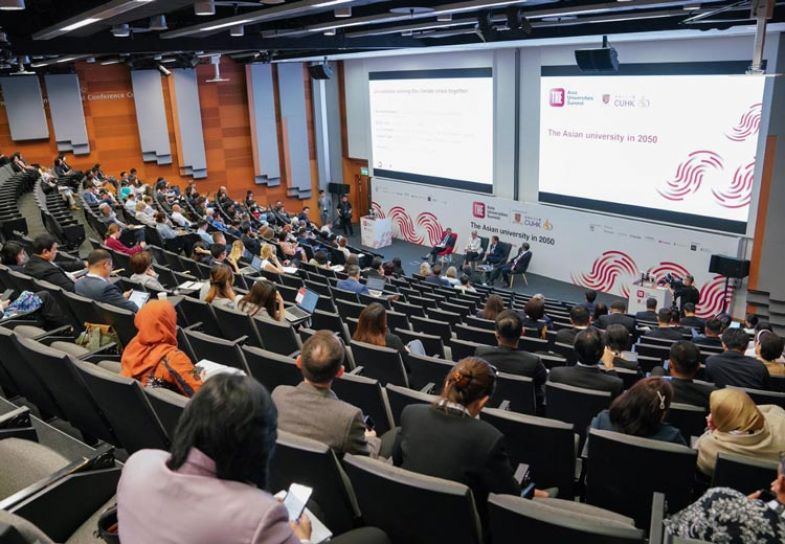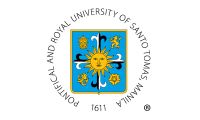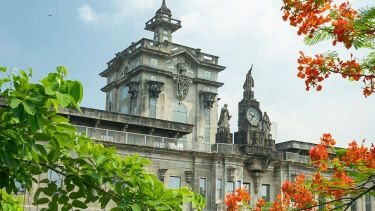
The 21st-century research environment is multidisciplinary, global and in search of solutions to global challenges. With international collaboration vital for social impact, universities must be proactive in seeking out new partnerships
Universities need partners at home and abroad to tackle the research projects they cannot solve alone. There is a strength to be found in pooling knowledge and resources, and putting the best minds together in search of solutions to societal issues.
This is why the University of Santo Tomas (UST) has a presence at THE’s country pavilions, hosted at the Asia Universities Summit 2023. The country pavilions showcase the higher education institutions that are using THE’s data analysis to help them identify potential partners, discover suitable collaborators and demonstrate their institutional strengths.
UST is looking for partners at home in the Philippines, South-east Asia and beyond. Nestor Ong, UST’s deputy director of the Office of QS and THE Rankings, believes it is essential that the modern university is outward looking and proactive in its search for research partnerships, and that there is a strategy in place to nurture those partnerships.
“This is the first time Times Higher Education has had country pavilions here so we would like to support THE for that endeavour because it is a good avenue for networking,” Ong says. “It is about collaboration and partnership, and it is very relevant right now for Asian universities in 2023. In our case, we need to reinforce collaboration and partnership among more international universities.”
UST is outcome-focused and it plays an active role in shaping the higher education sector in the Philippines, working in a review capacity under the Commission on Higher Education to advise state-run colleges and universities on how they can maximise impact. “We teach them about rankings, especially the THE Impact Rankings and the 17 United Nations Sustainable Development Goals,” Ong says.
UST offers partners funding and resources for joint research projects, access to state-of-the-art research facilities, and has a comprehensive strategy for publishing research findings and protecting intellectual property. Consequently, UST is internationally recognised and certified by the ASEAN University Network-Quality Assurance Network for a wide range of academic programmes in the categories of engineering and technology, natural sciences, life sciences and clinical health, social sciences and management.
Ong says the university’s arts and humanities facilities have been attracting research partners, too. However, medicine remains the top research contributor for the university. “Our flagship programme is medicine,” he says. “But we are good in applied medicine, clinical health, engineering and technology, and natural sciences. Most of those interested to partner with us are in engineering and technology.”
UST consistently ranks highly for medicine, and this is reflected in its THE Impact Ranking position (301-400) for SDG 3, good health and well-being. The Sustainable Development Goals offer a framework for impact-focused universities such as UST. In doing so, they call attention to the complexity of the issues facing the world’s population. Climate change and technological disruption are issues that affect us all, and they call for the sort of multidisciplinary responses that Ong says can only be mustered by research partnerships between like-minded universities.
“In all aspects of internationalisation, sharing knowledge and research collaboration, we especially like to have a multidisciplinary research [approach],” he says. “Interdisciplinary research is collaborative, and we need that to address the needs of society.”
Find out more about the University of Santo Tomas.

